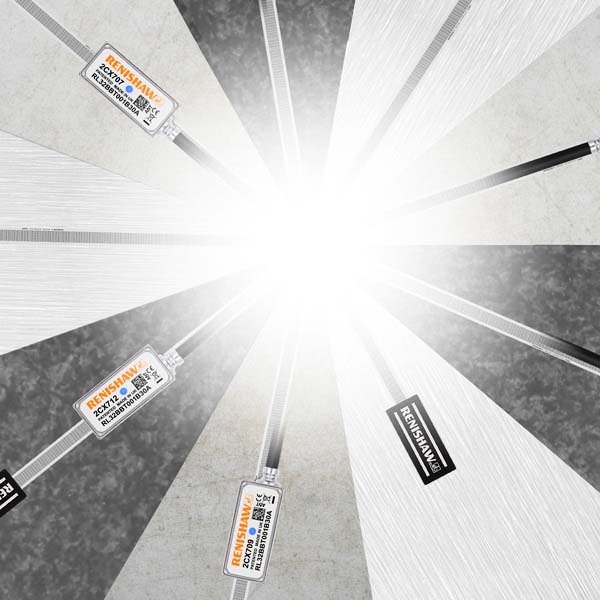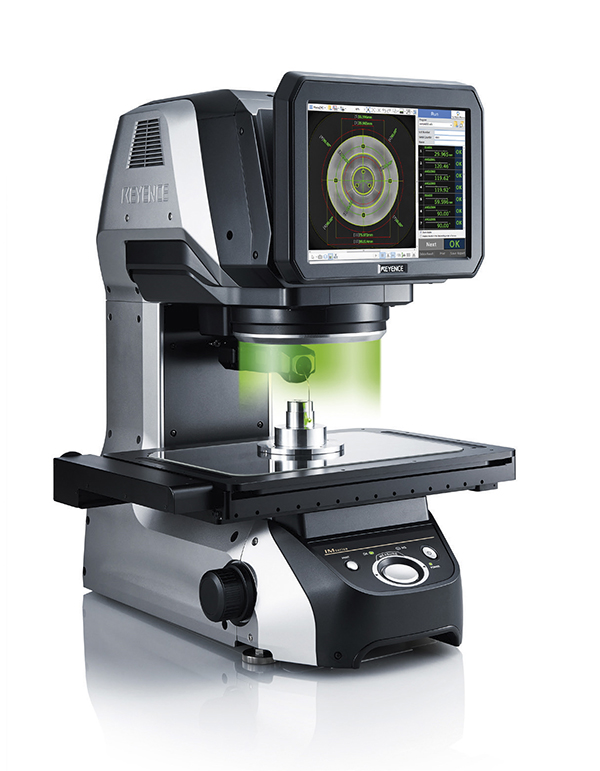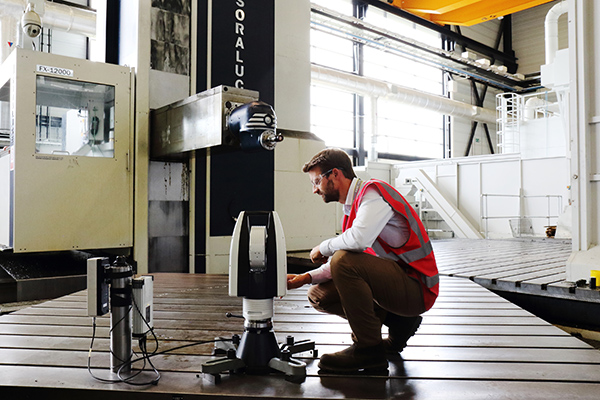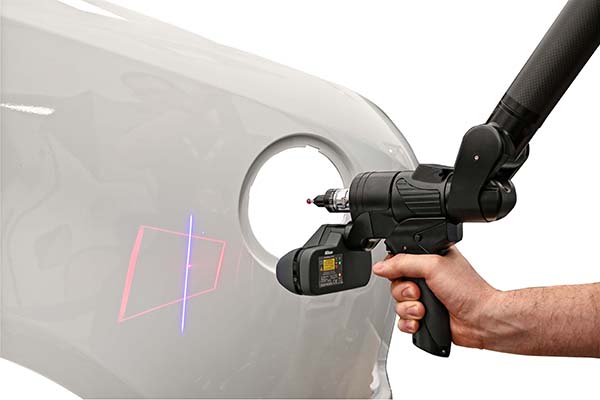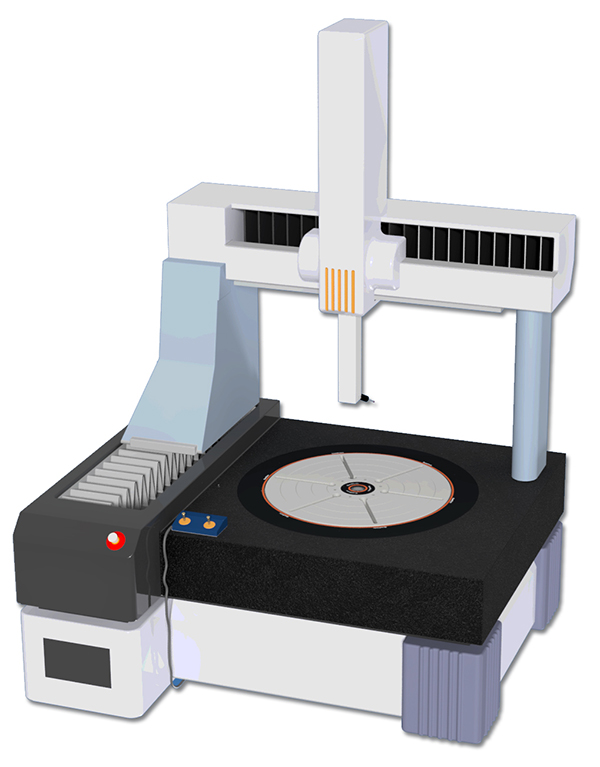Renishaw has launched the latest addition to its RKL linear encoder scale family.

The new RKLA substrate mastered encoder scale is designed to adopt the thermal behaviour of the underlying substrate, and is compatible with Renishaw’s Resolute absolute encoder series.
In terms of design, the RKLA substrate mastered encoder scale is a narrow, low cross-sectional area, stainless steel absolute tape scale with 6 mm width and a thickness of just 0.1 mm (0.15 mm with adhesive). The scale is graduated with a 30 µm pitch absolute code, which offers ±5 µm/m accuracy.
Available in lengths up to 21 m, the new scale can be used in both linear and partial arc applications. The robust stainless steel tape scale design offers immunity to solvents, along with the ability to be coiled for easy storage and cut-to-length convenience. RKLA scales can be installed on to the axis substrate by a self-adhesive backing tape, while the scale ends are rigidly fixed by means of adhesive-fastened end clamps, eliminating the need to drill holes. A simple applicator tool is available for quick and easy scale installation.
The RKL family of solutions extends the range of capabilities offered by Renishaw’s encoder scales, allowing the customer to choose an appropriate thermal behaviour for their application. A purpose-designed narrow form factor enables installation in applications where space is limited.
In partial arc applications, RKL encoder scales can be conveniently cut to the required length and mounted on a simple cylindrical substrate with no requirement for complex mounting features or tight-tolerance alignment surfaces.
For further information www.renishaw.com/rkl






